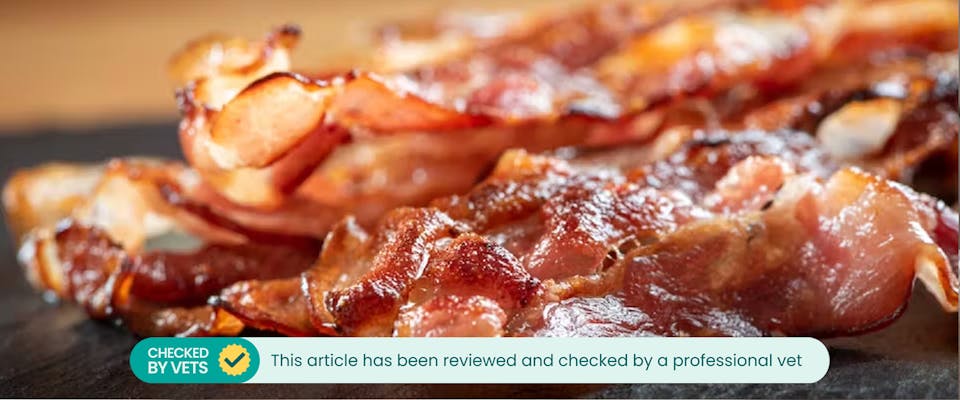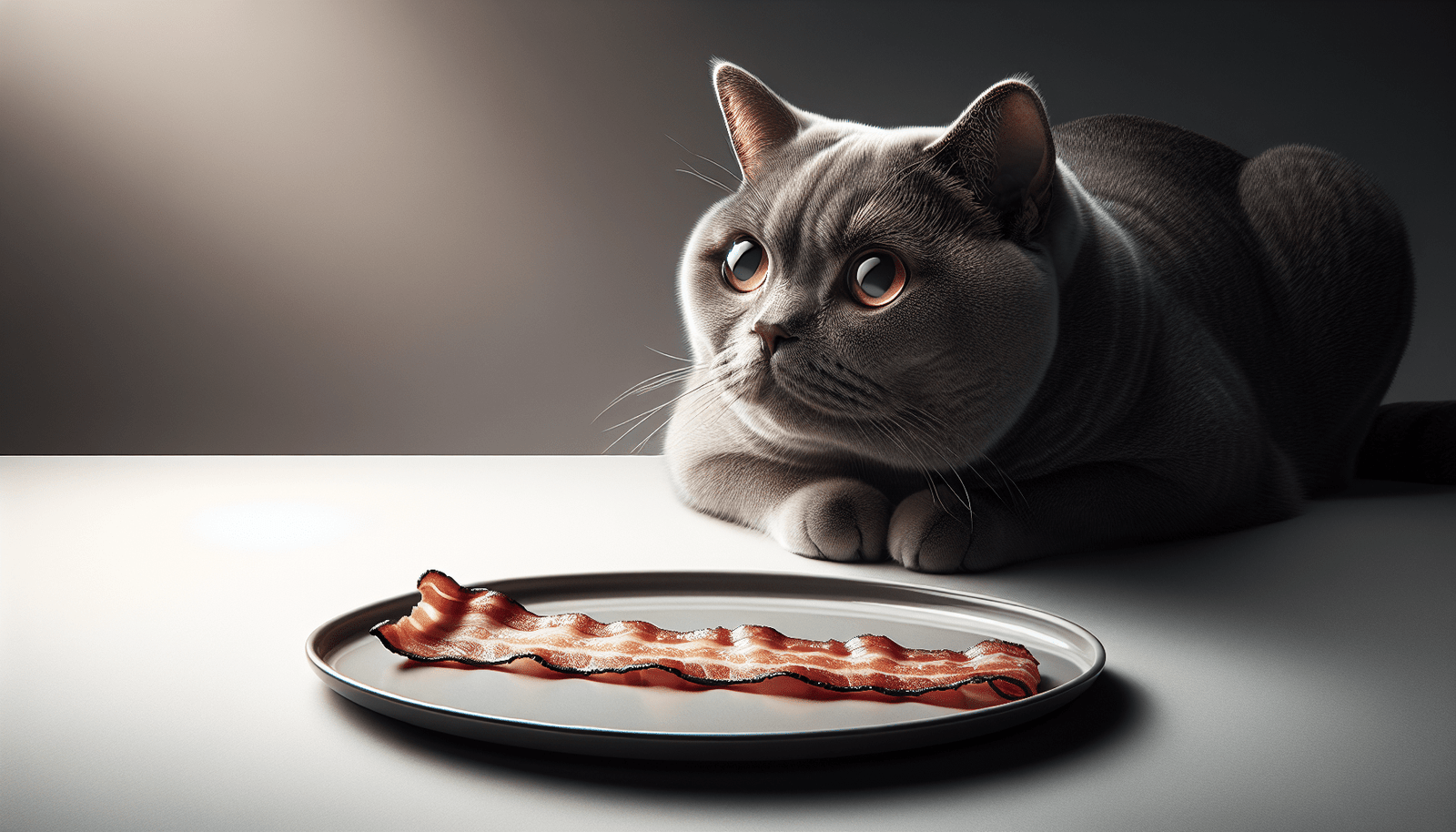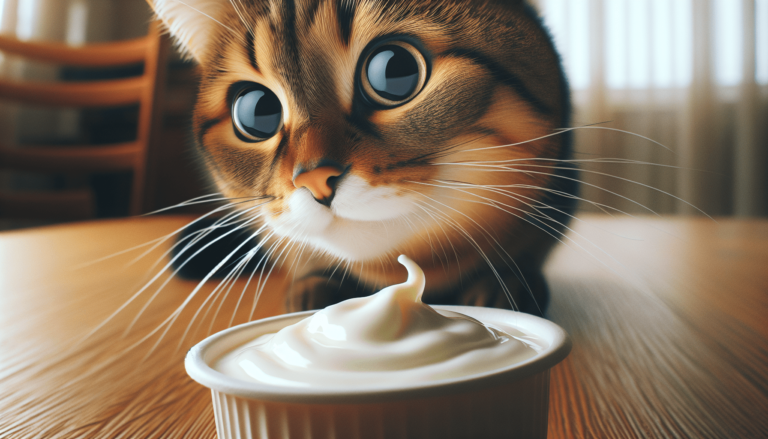Can Cats Eat Bacon
Hey there! Ever wondered if your feline friend can indulge in a slice of bacon with you at breakfast? Many cat owners may be curious about whether bacon is safe for cats to eat. In this article, we will explore the potential risks and benefits of feeding bacon to your furry companion. Let’s dig into whether cats can enjoy this popular breakfast treat or if it’s better left off their menu.
Can Cats Eat Bacon
Have you ever wondered if your feline friend can enjoy a tasty strip of bacon with you at breakfast? Let’s dive into the question “Can cats eat bacon?” and explore the facts and considerations when it comes to feeding bacon to your cat.
Is Bacon Safe for Cats?
When it comes to safety, it’s essential to consider if a particular food is safe for your cat to consume. Bacon is a type of pork that is cured, smoked, and often seasoned with salt or other flavorings. While bacon may be a delicious treat for humans, it may not be the best choice for your feline friend.
Factors to Consider
Before offering bacon to your cat, here are some factors to consider:
- High Fat Content: Bacon is high in fat, which can be difficult for cats to digest. Consuming foods high in fat can lead to gastrointestinal upset, including vomiting and diarrhea.
- Salt Content: Bacon is typically high in sodium, which can be harmful to cats. Consuming too much salt can lead to dehydration and electrolyte imbalances.
- Additives: Many varieties of bacon contain additives such as seasonings, preservatives, and flavorings that may be harmful to cats.
- Cooking Methods: The method used to cook bacon can also impact its safety for cats. Avoid giving your cat bacon that is deep-fried or seasoned with garlic or onions, as these ingredients can be toxic to cats.
Considering these factors, it’s best to approach feeding bacon to your cat with caution and moderation.
Potential Risks of Feeding Bacon to Cats
While the occasional nibble of bacon may not pose an immediate threat to your cat’s health, there are potential risks associated with feeding bacon to cats.
Obesity
Due to its high fat content, feeding bacon to your cat regularly can contribute to obesity. Obesity in cats can lead to a variety of health issues, including diabetes, arthritis, and heart disease.
Pancreatitis
Consuming foods high in fat, such as bacon, can increase the risk of pancreatitis in cats. Pancreatitis is a painful inflammation of the pancreas that can be life-threatening if left untreated.
Gastrointestinal Upset
The rich and fatty nature of bacon can lead to gastrointestinal upset in cats, resulting in symptoms such as vomiting, diarrhea, and abdominal pain.
Salt Toxicity
The high salt content in bacon can lead to salt toxicity in cats. Symptoms of salt toxicity may include excessive thirst, urination, and tremors.
Considering these potential risks, it’s important to be aware of the impact of feeding bacon to your cat and to prioritize their health and well-being.
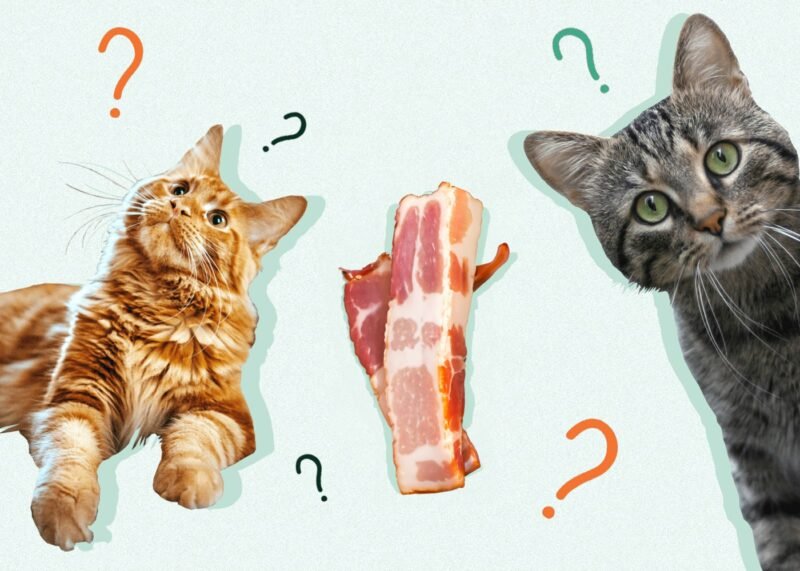
Alternatives to Bacon for Cats
If you’re looking to treat your cat to a tasty snack, there are plenty of cat-friendly alternatives to bacon that you can offer instead.
Cooked Meat
Cooked meats such as chicken, turkey, or lean beef can be a safer and healthier option for cats compared to bacon. Be sure to remove any bones, skin, or seasonings before offering cooked meat to your cat.
Commercial Cat Treats
Commercial cat treats specifically formulated for feline dietary needs are a great option for treating your cat without the risks associated with bacon. Look for treats that are low in fat and do not contain harmful additives.
Fruits and Vegetables
Certain fruits and vegetables, such as cooked carrots, green beans, or blueberries, can be a healthy and nutritious treat for cats. Always wash and prepare fruits and vegetables properly before offering them to your cat.
By exploring these alternatives, you can provide your cat with safe and enjoyable treats that cater to their dietary needs and preferences.

Monitoring Your Cat’s Health
As a responsible pet owner, it’s essential to monitor your cat’s health and well-being when introducing new foods or treats into their diet.
Watch for Changes in Behavior
After offering your cat a small amount of bacon or a new treat, observe their behavior and monitor for any signs of discomfort or illness. If your cat displays symptoms such as vomiting, diarrhea, or lethargy, discontinue the new treat and consult your veterinarian.
Maintain a Balanced Diet
While treats can be a fun way to bond with your cat, it’s crucial to ensure that they are receiving a balanced and nutritious diet overall. Work with your veterinarian to develop a feeding plan that meets your cat’s nutritional needs and supports their overall health.
Regular Veterinary Check-Ups
Regular veterinary check-ups are essential for monitoring your cat’s health and addressing any potential issues before they escalate. Be sure to discuss your cat’s diet and any concerns you may have with your veterinarian during routine appointments.
By staying proactive and attentive to your cat’s health, you can provide them with the best possible care and ensure that they are happy and healthy.
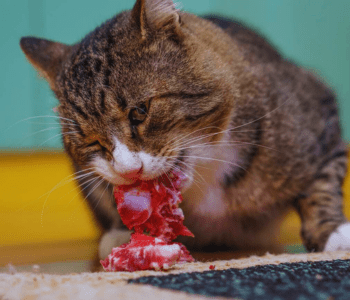
Final Thoughts
In conclusion, while the occasional nibble of bacon may not harm your cat, it’s important to be aware of the potential risks and considerations associated with feeding bacon to cats. To prioritize your cat’s health and well-being, opt for safer alternatives such as cooked meats, commercial cat treats, and fruits and vegetables. By monitoring your cat’s health, maintaining a balanced diet, and seeking guidance from your veterinarian, you can ensure that your feline friend stays healthy and happy for years to come.
